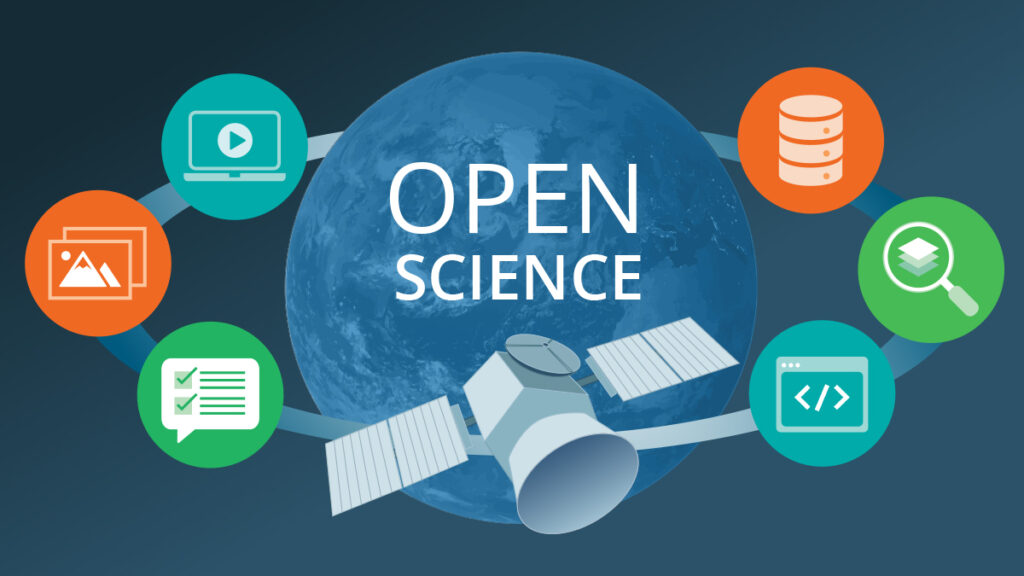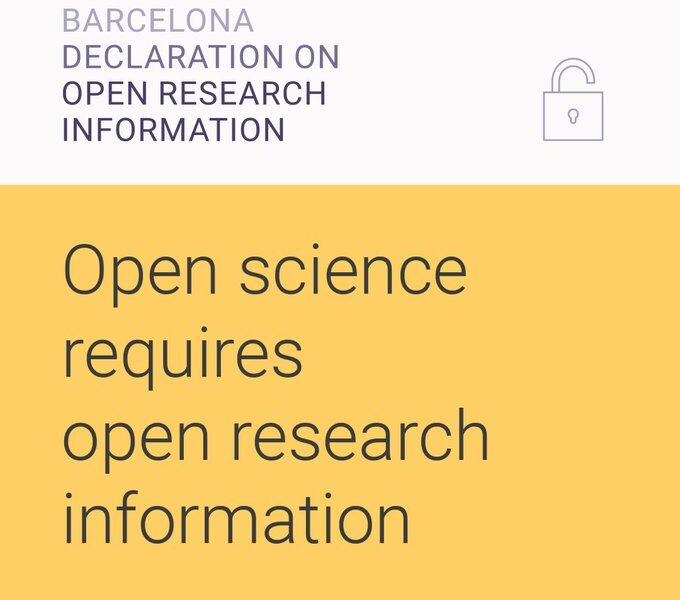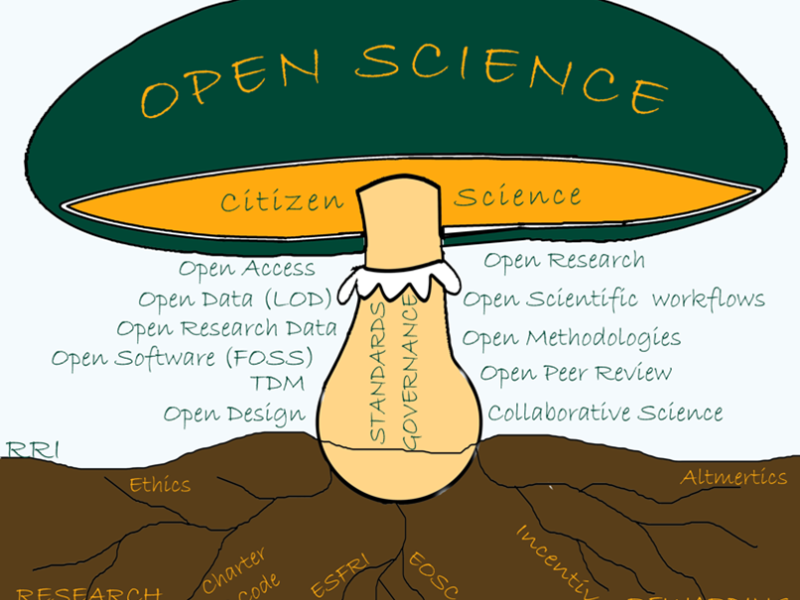
Methodology of Open Science
Methodology of Open Science https://opusproject.eu/wp-content/uploads/2023/04/open-science-promo-1024x576.jpg 1024 576 Open and Universal Science (OPUS) Project Open and Universal Science (OPUS) Project https://opusproject.eu/wp-content/uploads/2023/04/open-science-promo-1024x576.jpgOpen Science is a movement that aims to make scientific research more transparent, collaborative, and accessible to everyone. At its core, it seeks to transform the traditional model of scientific research, which has often been closed, opaque, and restricted to a select few.
One of the key components of Open Science is its methodology, which includes a set of principles and practices that guide the conduct of research. In this article, we will explore the methodology of Open Science and its key components.
Open Science Methodology
- Open Access
One of the central tenets of Open Science is Open Access, which refers to the practice of making research publications and data available to the public without any restrictions or barriers. This means that anyone can access and use the research findings without needing to pay for a subscription or obtain permission from the copyright holder.
Open Access can take different forms, such as publishing in Open Access journals or repositories, self-archiving research publications, and sharing research data in public repositories. By making research more accessible, Open Access promotes greater collaboration, transparency, and impact of research.
- Reproducibility
Reproducibility is the ability to replicate research findings using the same methods and data. In Open Science, reproducibility is a key component of scientific research as it ensures that research results are reliable and can be verified by others.
To promote reproducibility, Open Science emphasizes the use of open source software, sharing research data and code, and documenting research procedures and protocols. By making research more transparent and reproducible, Open Science helps to build trust and credibility in scientific research.
- Collaboration
Open Science emphasizes collaboration and community building, which means that researchers work together to share their ideas, data, and findings. Collaboration can take different forms, such as joint authorship of publications, co-creation of research projects, and participation in online communities.
Collaboration helps to promote diversity of perspectives, creativity, and innovation in research. It also fosters a culture of openness and mutual support, which can lead to more impactful and meaningful research outcomes.
- Open Peer Review
Open Peer Review is a process of reviewing research publications in which the reviewers’ identities and comments are made public. This is in contrast to traditional peer review, where reviewers’ identities are often anonymous, and their comments are confidential.
Open Peer Review promotes greater transparency, accountability, and fairness in the review process. It also helps to improve the quality of research publications by providing constructive feedback and promoting open dialogue between authors and reviewers.
- Open Education
Open Science also includes Open Education, which refers to the practice of sharing educational resources, such as course materials, textbooks, and instructional videos, openly and freely. Open Education promotes greater access to education and reduces the barriers to learning for students around the world.
Open Education can take different forms, such as Massive Open Online Courses (MOOCs), Open Educational Resources (OER), and Open Access textbooks. By making education more open and accessible, Open Education helps to promote equity and inclusivity in education.
Conclusion
The methodology of Open Science is based on the principles of transparency, collaboration, and accessibility. It seeks to transform the traditional model of scientific research by making research more open, reproducible, and impactful.
By embracing Open Science, researchers can promote greater transparency, accountability, and trust in scientific research. It also helps to foster a culture of openness, collaboration, and mutual support, which can lead to more innovative and meaningful research outcomes.
- Posted In:
- Open Science News




